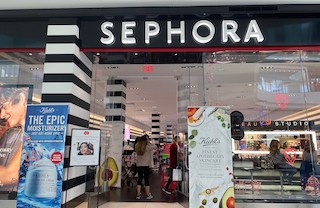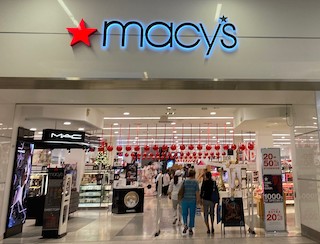In 2,000 of its stores, including many in California, Walmart began making an offer to anyone caught for a first time shoplifting items valued at less than the amount classified as a felony (in California this is $950): enroll in our shoplifting “restorative justice” program for $400 if you pay immediately and $500 if you enroll within 72 hours and in exchange, Walmart would not, as its agreement stated, “pursue other legal rights to seek restitution and resolve the crime” (report the crime to the local police). To make the offer more clear and to engage the shoplifter in contemplating such a program, Walmart would play a video for the shoplifter while that person was held in the store’s loss prevention office immediately after being detained.
Of the fee paid, $50 or more would be paid to Walmart’s loss prevention department and the balance would be paid to the online program, which over time included not only Correction Education, Co., but also Turning Point Justice (Corrective Education only operates in 25 states). It was unclear how the proceeds from a shoplifter would be divided by Walmart if the shoplifter paid $500 and not $400.
 Sephora
Sephora
This program was very successful for many years and soon Burlington Coat Factory, Ralph’s, Abercrombie & Fitch, Kroger’s, Bloomingdale’s, Target and Goodwill Industries adopted a similar program.
Over time, however, the San Francisco Public Defenders Office became aware of the “pay to play” program and asked that Walmart stop its program. The San Francisco Public Defenders Office was critical of the store’s threat of law enforcement activity to compel a for-profit program. After all, from each shoplifter who agreed to take the program, $50 or more would be apportioned to Walmart’s loss prevention office, reducing Walmart’s costs and thereby increasing its profits.
Minnesota also learned about Walmart’s program and “condemned the program strongly.”
California, however, went further. The San Francisco City Attorney’s Office sued Corrective Education Company on behalf of the State of California, arguing that Corrective Education engaged in private law enforcement through false imprisonment and extortion to offer its “restorative justice” program. San Francisco City Attorney Daniel Herrera further characterized Corrective Education as following a “predatory business model” to enrich itself. In August, 2017, Judge Harold Kahn agreed, finding in favor of the City Attorney’s motion for summary adjudication that Walmart and Corrective Education’s program violated California’s extortion and false imprisonment laws.
Walmart thereafter suspended this program in all of its stores. However, other retailers such as Target, Ralph’s, Abercrombie & Fitch, Kroger’s, Burlington Coat Factory, Bloomingdale’s and Goodwill Industries did not suspend their programs at the time this ruling came down.
Despite this, we believe that if one is stopped by loss prevention and offered such a program or a similar program, one should agree to take such a program. Paying $500 to avoid prosecution for shoplifting is, practically speaking, cheaper than hiring an attorney such as Greg Hill & Associates and the damage that a criminal record for shoplifting can cause, even if the case is ultimately dismissed or the conviction expunged. It is far better to avoid the stigma of having a case for dishonesty filed against oneself even if one is totally innocent.
We realize that such advice is contrary to our financial interest, but we also believe we have an ethical duty to place the client’s best interest above our financial interests.
 Macy's
Macy's Sephora
Sephora